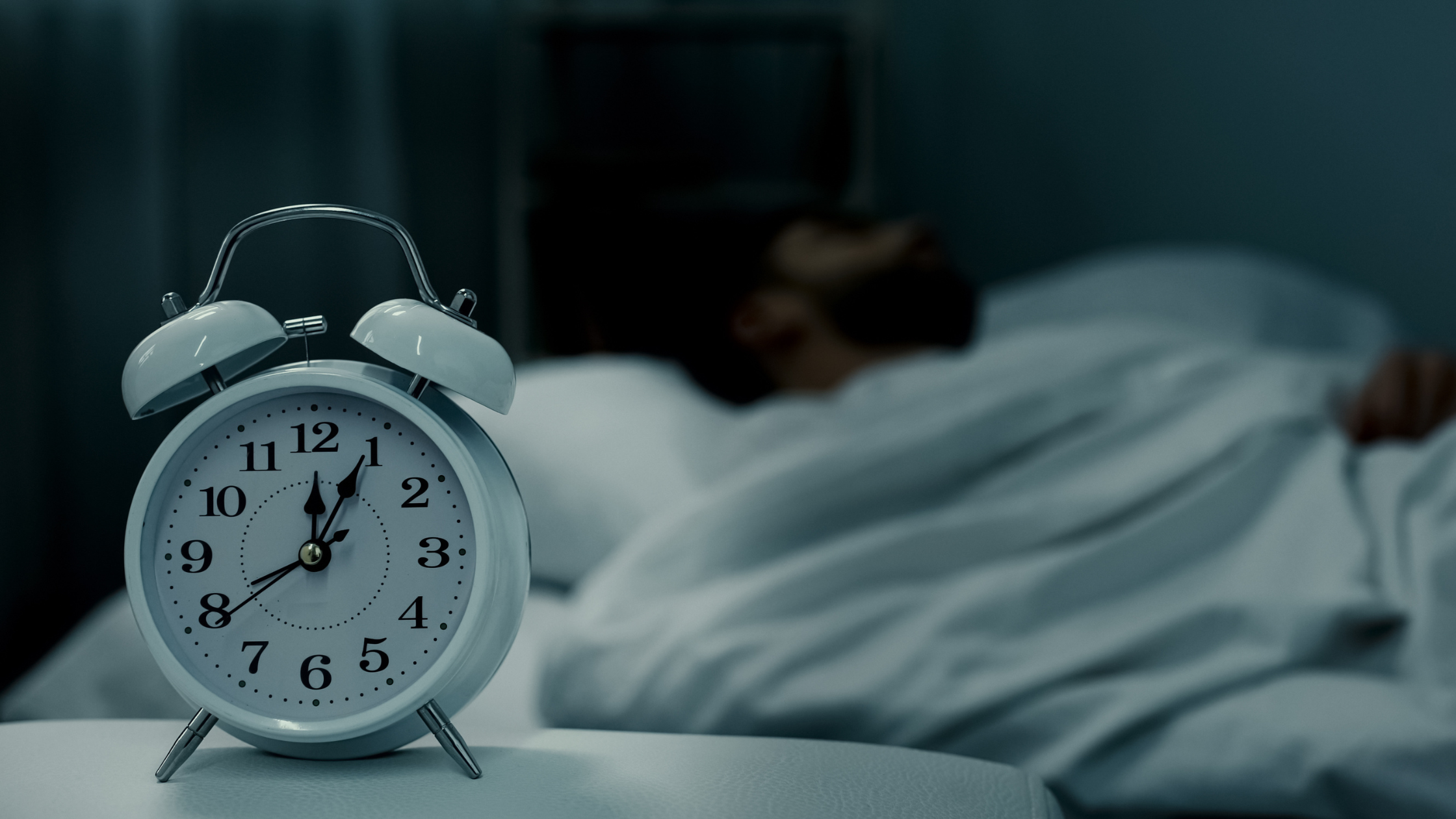-
 2022-10-03
2022-10-03
Dr. Seuss says, “Sleep is like the unicorn - it is rumored to exist, but I doubt I will see any.” Sadly, this is too true for many, with over 1/3 of Americans getting less than the recommended amount of sleep each night. While we all know what it’s like to be tired, our sleep affects more than we might realize. Being body and soul, our amount of sleep affects us physically, but also spiritually and emotionally.
While asleep, our brain goes through stages designed to help us restore, retain, and store information. The first stage is an intermediary between wakefulness and sleep. Stage two is light sleep, where one’s heart rate and breathing slow down preparing for a deeper sleep. Stage three is deep sleep, where it is difficult to wake and your body is doing work to repair and grow tissues, build muscles, and aid your immune system. REM, or rapid eye movement, is another stage that usually follows deep sleep, and is when most dreams occur. Research indicates that REM has an important role in our ability to problem solve (https://www.ncbi.nlm.nih.gov/pmc/articles/PMC7543772/). Each of these different stages of sleep is critical for our cognitive and physical wellbeing.
Most people are familiar with sleep being important for these reasons. What is less known is the effect of sleep on our emotional health. According to the National Heart, Lung, and Blood Institute, “Insufficient sleep can make you irritable and is linked to poor behavior and trouble with relationships, especially among children and teens. People who chronically lack sleep are also more likely to become depressed.” Researchers are looking at the relationship between improving sleep and healthy emotional regulation, but what is clear is that those with better sleep practices tend to be healthier emotionally.
Looking at the whole person, we can safely assume that an insufficient amount of sleep will also affect our ability to pray. Who among us hasn’t fallen asleep in prayer? Spiritual authors discuss the importance of walking with God, recalling his presence constantly in our lives. If we are to give ourselves to the Lord, asking him to speak to our hearts, we want to be alert and listening for him. Therefore, making a habit for good sleep helps us pray and connect with God. While God obviously can work outside of this to speak to our hearts, having a disposition that is settled and able to process where the Lord wants to work in our life will aid our spiritual journey.
Let us invoke “sleeping” St. Joseph’s intercession as we strive to form better sleep habits and fully embrace God’s plan for our lives, spiritually, physically, and emotionally!
